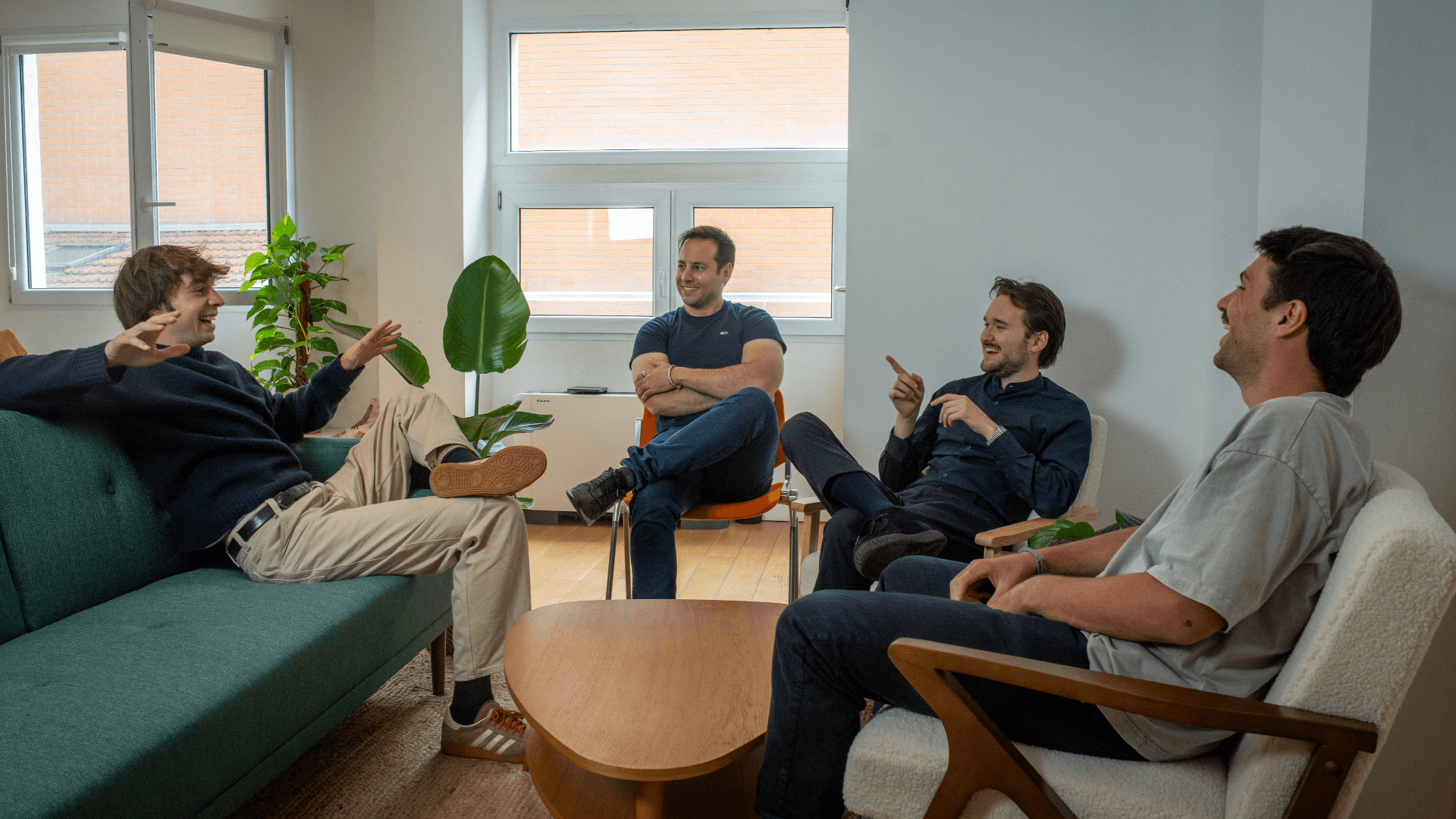Paris-based Freeda, the startup that detects hidden errors in construction plans using artificial intelligence, has closed a €3.4 million funding round led by Frst with participation from Brick & Mortar Ventures. The company is also joining Station F's Future 40, a program that selects the 40 most promising startups from the Parisian campus.
In construction and real estate, plan inconsistencies, regulatory non-compliance, and deviations from brand standards account for about 70 per cent of delays before construction begins. Each month of delay costs project owners on average more than €100,000, with higher impacts for owner-operators. Teams typically spend over 100 hours per project on manual compliance checks, and critical issues are still missed, leading to redesign, change orders, and budget overruns.
Freeda has developed a plan-intelligence platform that combines AI with field expertise to industrialise plan verification. The process is broken into clear, actionable steps and executed in hours or days rather than weeks.
By pairing artificial intelligence with human expertise (architects, engineers, accessibility specialists, and fire-safety experts), the platform identifies plan errors within 48 hours, compared to more than 100 hours with manual checks. The results are both financial and operational: avoiding delays can bring revenue forward and improve cost control, while teams spend more time on design and other creative work instead of repetitive verification.
Mariano Rodriguez, CSO and co-founder of Freeda, explains:
Architectural plans aren't just voluminous — their complexity is on another level. Each sheet is a layered document mixing graphic formats, successive versions, and nearly identical symbols where a single line changes everything. OCR isn't enough: geometry, topology, units — two centimetres of discrepancy can fail an inspection. This very complexity represents a massive opportunity, and our expertise lies in transforming it into clear, automatable verification processes.
With more than 10 clients and 10,000 plans verified in 2025, Freeda targets the analysis of 1 million plans by 2026, supporting projects across Europe, the United Kingdom, the United States, and the Middle East.
Freeda will use the funding to expand its team and industrialise plan reviews, recognising that AI alone isn’t enough. In parallel, it will adapt the platform to local standards and practices as it expands internationally, leveraging field expertise for globally relevant analysis.



Would you like to write the first comment?
Login to post comments